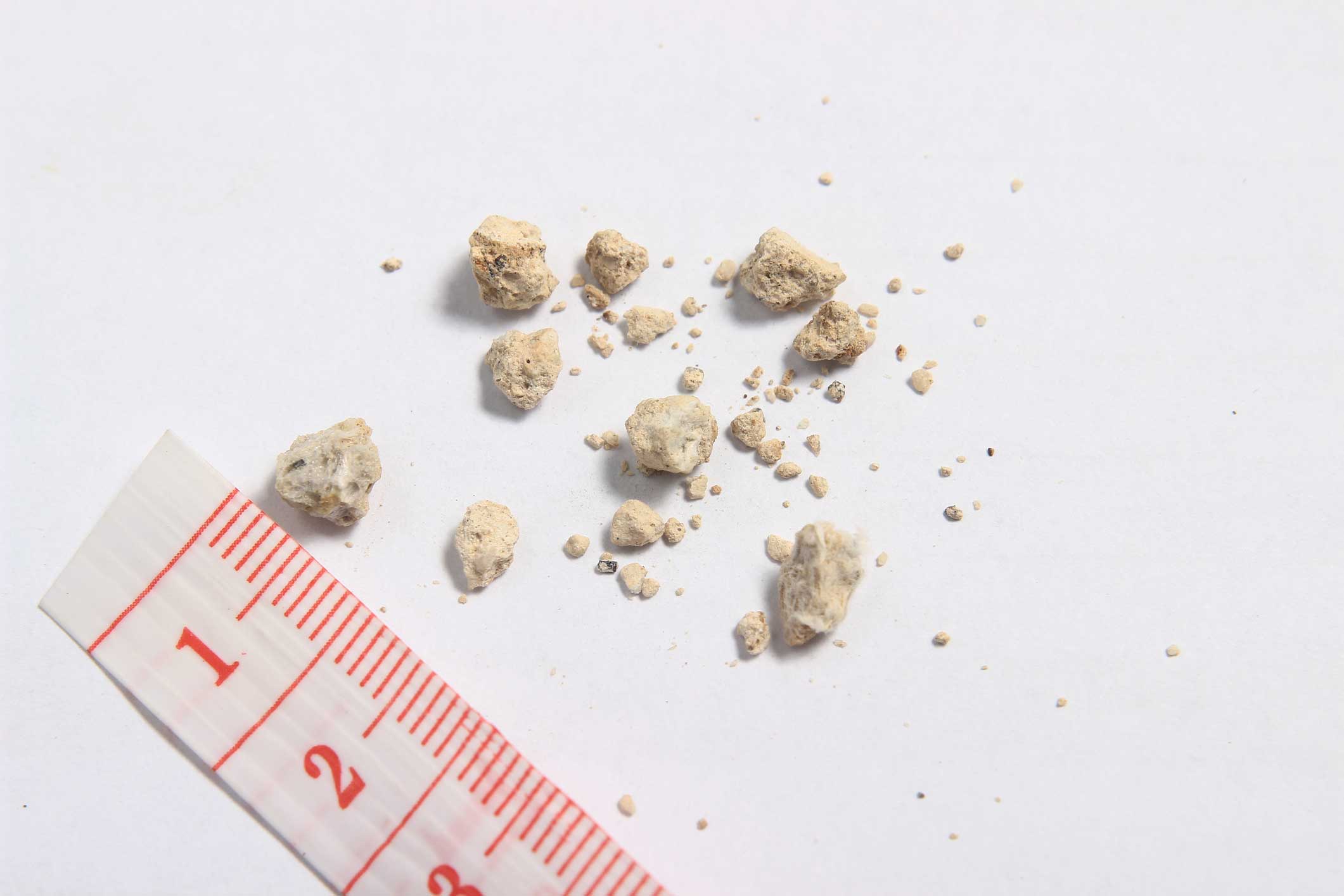
Staying hydrated during the warm summer months is key for many reasons. But one reason you may not know: Drinking plenty of fluids can prevent kidney stones.
Kidney stones are hard deposits of crystalized salt and minerals that form in your kidney. When urine contains more crystal-forming substances than fluids, like water, salt and minerals can stick together and form stones. Because dehydration is more likely during hot weather, kidney stones occur more frequently in the summer.
Kidney stones can be very painful and cause medical problems when they break free from the kidney and get stuck in the ureter – the tube that carries urine from the kidneys to the bladder. The most common symptom is feeling a sharp pain in your back that moves to the abdomen. If intense back pain is accompanied by nausea, vomiting, fever, or blood in your urine, it’s time to call a doctor.
Most kidney stones will pass on their own, with pain medication if necessary. Sometimes, further treatment is required to remove the stones.
One option is Medical Expulsive Therapy. A doctor will prescribe medication that relaxes the muscles in your ureter to make it easier for the stone to pass. This method usually takes two to four weeks and requires you to drink six to eight glasses of water every day to help flush your urinary system.
For quicker results, the stone can be removed using a small fiber optic camera passed up through the urinary tract. A laser is often passed through the camera and used to break the stones into small enough pieces for removal. Usually patients can go home right after the procedure.
Another option is shockwave therapy, which can be used to break up the stones from the outside, making them easier to pass. This treatment often requires brief hospitalization, but most patients are able to resume their daily activities shortly after they return home. For very large stones, a passage can be created through the back into the kidney to remove the stones.
Once you have had kidney stones, you are more susceptible to developing them again. Anyone that has had them before will tell you it’s not a pleasant experience, so remember to drink plenty of fluids — especially water — as you enjoy your summer activities.
Dr. Ryan Dorin is a urologist at The Hospital of Central Connecticut who specializes in the treatment of a variety of urologic diseases, including kidney stones, kidney cancer, bladder cancer, enlarged prostate, prostate cancer and more. For more information or to schedule an appointment, please call Dr. Dorin’s office at 860.223.0800.


